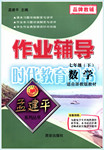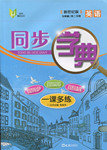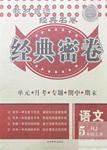题目内容
Emily is working hard to be sure not to fail on her first ______.
A. plan B. purpose C. attempt D. desire
练习册系列答案
 作业辅导系列答案
作业辅导系列答案 同步学典一课多练系列答案
同步学典一课多练系列答案 经典密卷系列答案
经典密卷系列答案
相关题目
题目内容
Emily is working hard to be sure not to fail on her first ______.
A. plan B. purpose C. attempt D. desire
 作业辅导系列答案
作业辅导系列答案 同步学典一课多练系列答案
同步学典一课多练系列答案 经典密卷系列答案
经典密卷系列答案